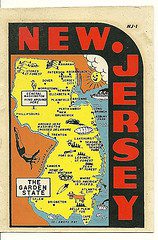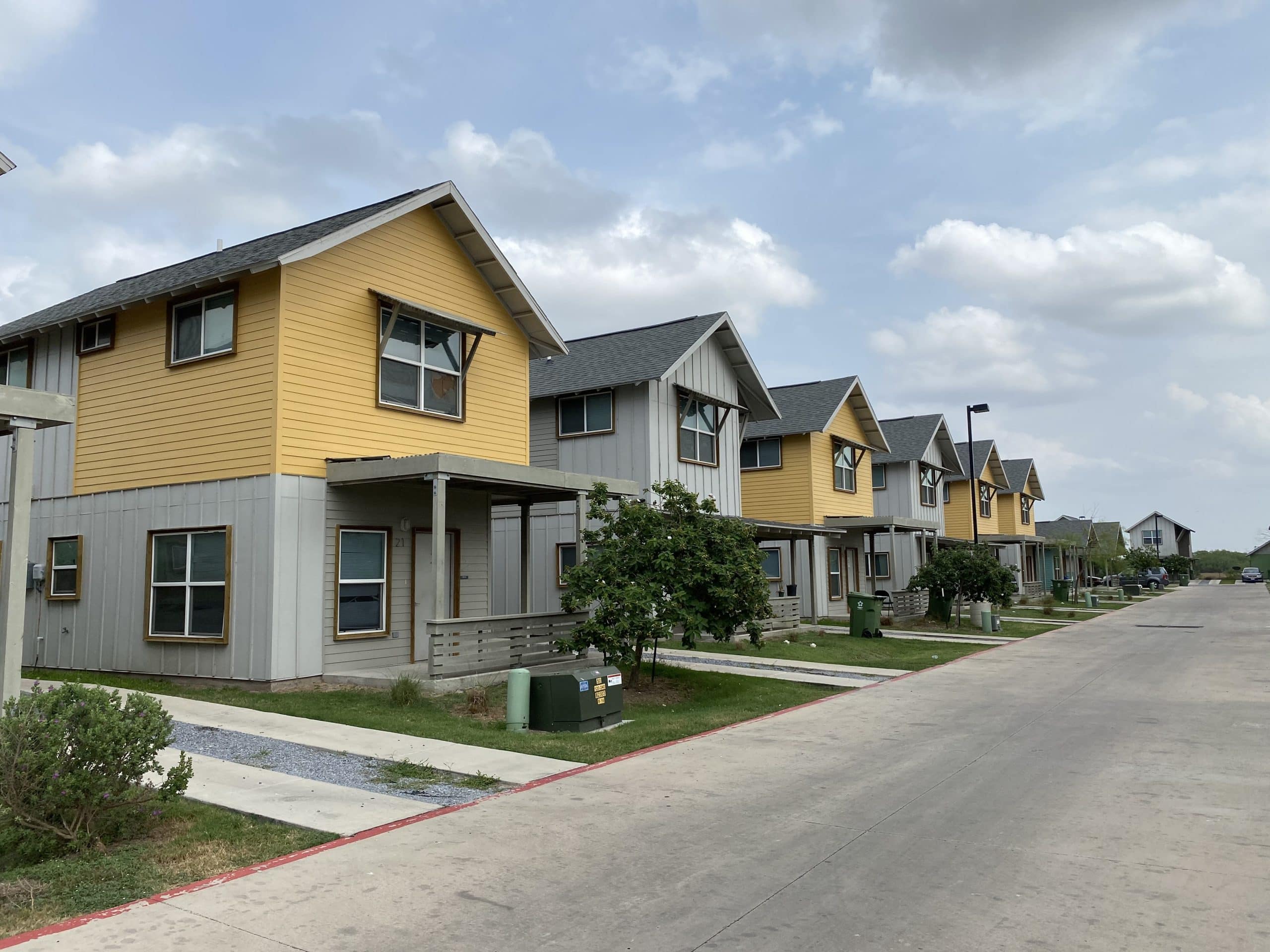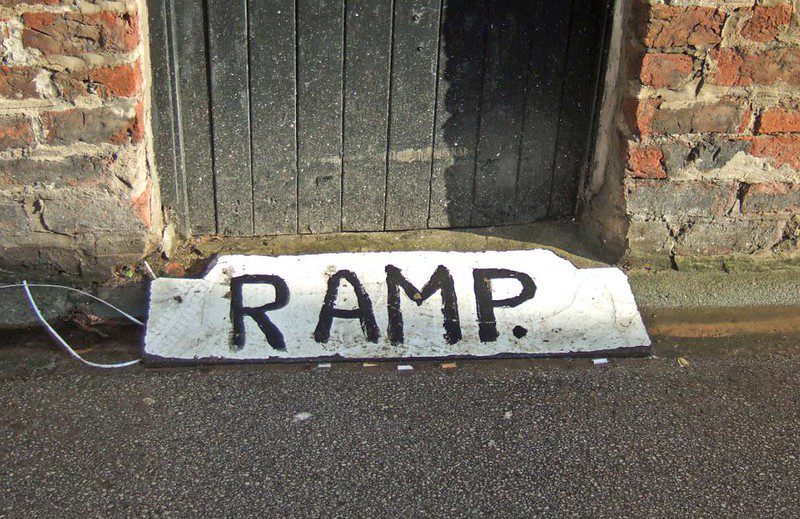Injustice can create unlikely collaborators. In early 2012, New Jersey’s Governor Christie set out to cover state budget gaps with funds that were in held in trust by municipalities solely for the provision of affordable housing. With millions of dollars – and most importantly countless housing opportunities – the stakes could not be higher to stop the governor from seizing the funds.
The governor's move united two groups who have more often been on opposing sides when it comes to the provision of affordable housing in the state: affordable housing advocates and municipalities. The Fair Share Housing Center (FSHC), which has filed litigation to stop the governor's money grab, has previously filed litigation against many municipalities and the New Jersey State League of Municipalities (NJSLOM) to defend New Jersey's fair share affordable housing rules.
And yet FSHC, advocacy groups, and the NJSLOM are openly supporting each other to take on the governor in this case.
Here's what happened:
Shortly after the N.J. Legislature passed the Fair Housing Act of 1985 (FHA), to codify and implement the Mount Laurel fair share housing doctrine, municipalities throughout the state began passing ordinances assessing a fee on new residential and non-residential development to generate funds to help meet their Mount Laurel obligation.
These funds were deposited in affordable housing trust fund accounts to be used for a range of housing activities. Throughout the state of New Jersey, municipal affordable housing funds hold over $250 million in trust to create realistic housing opportunities for the poor.
The trusts themselves were sanctioned by a 1990 decision of the New Jersey Supreme Court, which required the New Jersey Council on Affordable Housing (“COAH”), the state's agency that implements the Fair Housing Act, to review and approve such trusts and the expenditure of trust monies. For the next 16 years, over 200 municipalities collected $589 million in such funds to create housing opportunities for low- and moderate-income people. But now they are in danger.
Commit to Expend
On July 17, 2008, Gov. Corzine signed a law (known as “A-500”) that stated that if a municipality did not “commit to expend” trust fund monies “within four years from the date of collection,” that municipality “shall be required by the council to transfer the remaining unspent balance at the end of the four-year period to the “New Jersey Affordable Housing Trust Fund.’”
A-500 specifically required that COAH put out new regulations, since A-500’s language on commitment conflicted with COAH’s existing regulations and because the phrase “commit to expend” was not defined.
But COAH didn't clarify, and has refused to provide any determination either through regulation or in individual cases of what “committed” means. Because Gov. Christie has been in the process of trying to dismantle COAH, the COAH board has not met once in the last two years. Since only the board has the authority to propose regulations to implement the 2008 legislative mandate, no such regulations exist.
Many municipalities have attempted to have COAH review spending plans to get COAH to take a position on whether proposed trust fund expenditures were “commitments.” COAH staff, however, refused to provide any definitive response, and in fact responded with form language that they would approve the spending plan but it was not a commitment, therefore suggesting the state might seize the funds.
In March 2012, Gov. Christie proposed his budget for FY 2013. In that budget, he included language to recapture up to $200 million from municipal housing trust funds and then divert them to the state’s general fund. The Legislature attempted to adjust the budget language to address the failure to define “committed” and passed another bill to extend the time to commit, but the Governor vetoed these attempts.
Fighting Back
On July 2, 2012, Fair Share Housing Center (FSHC) was granted an Application for Permission to File an Emergent Motion to stop the seizure of funds and demand COAH implement regulations. The New Jersey State League of Municipalities joined the case as well, marking a rare instance of housing advocates and the League being on the same side of major housing litigation.
The Appellate Division denied FSHC’s request for a preliminary injunction and ordered the appeal proceed on a normal schedule. But they also ordered that before taking any funds COAH must provide notice to municipalities and an opportunity to respond.
On July 24, 2012, COAH’s executive director sent out letters to 372 New Jersey municipalities stating how much money COAH’s executive director believed was subject to recapture, without explaining which projects were included or not included in the amount. The letter gave municipalities two choices: transfer the money, or provide a certification signed by the mayor, with supporting documents, disputing COAH’s staff’s claim. These letters were not authorized by any board action; nor did they describe any process by which the COAH board would review the amounts cited or information submitted by municipalities in response.
On August 2, 2012, FSHC filed a motion to enforce litigant’s rights to stop COAH staff from seizing funds based on these letters. The Appellate Court ordered COAH not to take any funds until the board had approved such a process. That decision is now on appeal to the Supreme Court, and oral argument was held in late January. In the meantime, COAH cannot take any trust funds absent board approval of a process which has not happened.
The broader challenge to the failure to define “commit to expend” by FSHC and the League is still ongoing and South Brunswick and Vernon Townships have joined the case as well. The State is expected to file a brief in early April.
(NJ Map, CC-BY, Flickr user Hugo90.)






Comments